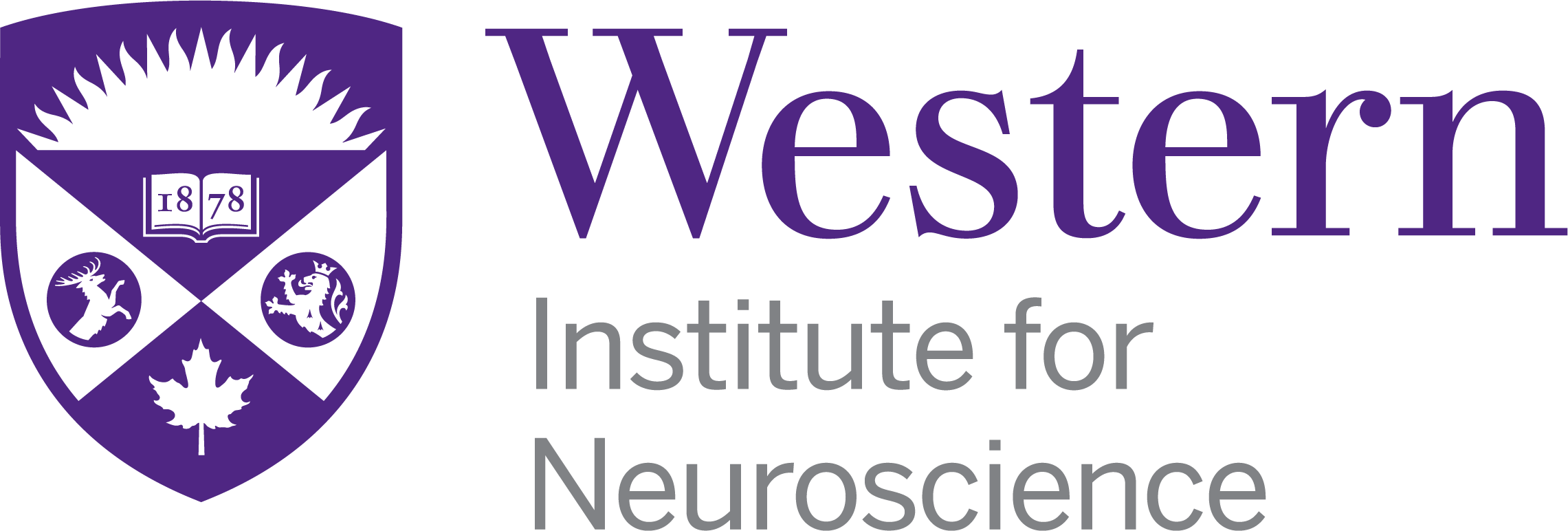Document Type
Article
Publication Date
2-1-2022
Journal
Memory and Cognition
Volume
50
Issue
2
First Page
325
Last Page
338
URL with Digital Object Identifier
10.3758/s13421-021-01216-8
Abstract
It has been suggested that phonological representations play a central role in verbal short-term memory, but when semantic knowledge has been investigated, it has also been shown to influence verbal short-term memory. Explaining this interaction between verbal short-term memory and the linguistic system has produced different theoretical positions: whether semantic knowledge is used to redintegrate phonological traces or if there is direct activation of both phonological and semantic knowledge upon encountering a word. The present study employed a new paradigm to systematically examine phonological and semantic representations in verbal short-term memory as well as long-term impacts. Across two experiments, a list of words was presented sequentially, followed by a probe word. Participants were to judge whether the probe word rhymed or was synonymous with any items on the list. Delayed memory was also tested. In Experiment 1, we found that immediate performance was better for synonym than rhyme judgements, and this continued to be the case after a brief delay. In Experiment 2, under a fast-encoding, running-span paradigm, we found similar activation of phonological and semantic knowledge. Nevertheless, accuracy was again higher for items probed with the semantic than rhyme cue in the long term. Results showed that indeed there are short-term semantic effects, in addition to phonological effects. Further, semantic processing can occur in a highly automatic and rapid manner, with strong influence on long-term memory. These findings provide a new perspective on viewing verbal short-term memory as operating more dynamically within the context of a complex linguistic system.


